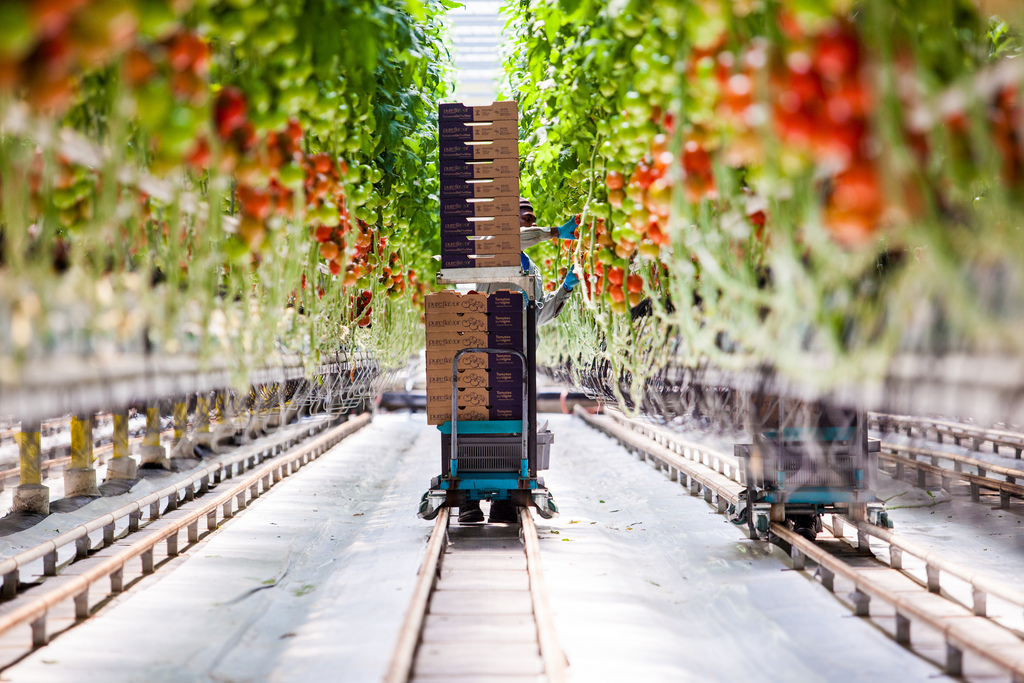Geothermal greenhouse project in Coz Coz, Chile completed
The geothermal greenhouse project in the City of Coz Coz in Panguipulli, Chile will allow cultivation of tomatoes throughout the year.
A geothermal greenhouse project that will allow the production of tomatoes all year round in Coz Coz, in the district of Panguipulli, Chile has been completed. The project was promoted by the Center of Excellence in Geothermal Energy of the Andes (CEGA) and was developed between the years 2020 – 2022.
The geothermal system was installed on the property of Mario Aburto, a farmer and INDAP user from Coz Coz, who estimates that with this project he will be able to grow tomatoes during the winter season, which will mean an additional annual production of more than ten thousand kilos of tomatoes.
The initiative was financed by the Innovation Fund for Competitiveness (FIC) of the Regional Government. The inauguration of the project was in charge of the Faculty of Sciences of the Austral University of Chile. On that occasion, CEGA Director Diego Morata stressed that “we have successfully seen how the Los Ríos region, thanks to public investment, has incorporated geothermal energy into its multiple possibilities”, including its use for district heating, and that this would be a next step to take. approach.
This is the first greenhouse in the region that operates with Geothermal Heat Pumps for climate-controlled greenhouse cultivation. Two geothermal heat pumps were used, along with two buffer tanks and two plate exchangers that make up the engine room that is connected by a pipe to the extraction well and the greenhouse. Inside the greenhouse, two circulation pumps and eight fan coils (convectors with fans) with their respective thermostats were installed, which allow heating the 600 m2 cultivated.
This geothermal system allows the cultivation of tomatoes throughout the year, promotes applied research in this activity, and also contributes to the food autonomy of local communities.
The local authority, Pablo Valdenegro, indicated that the incorporation of this technology to the greenhouse agricultural activity is an advancement for food security and, in this line, he maintained that “using the most efficient air conditioning technology on the market, geothermal energy, in the local production of tomatoes is an opportunity to show all regional actors that a good way to join this global trend is through innovation pilot projects”.
Source: CEGA via our Spanish language platform PiensaGeotermia


















